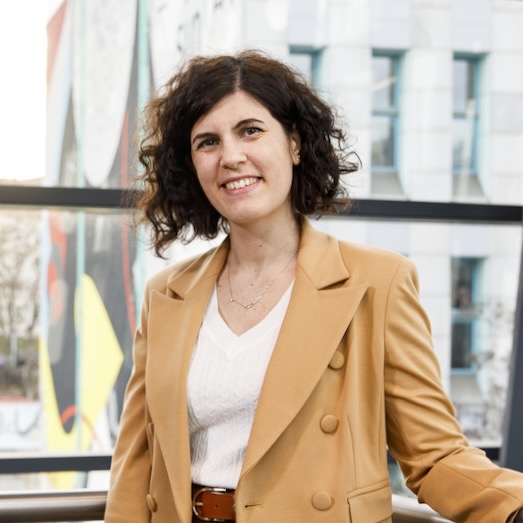
Irma Querques, PhD
Irma Querques is an Assistant Professor and Group Leader at the University of Vienna and Max Perutz Labs, where she established her research group in May 2023. She studied Biotechnology at the University of Bologna (2008–2013) and earned her PhD at the European Molecular Biology Laboratory in Heidelberg, Germany, where she studied eukaryotic transposons in Dr. Orsolya Barabas's lab (2014–2018). Following her doctoral work, Irma joined Prof. Martin Jinek’s group at the University of Zurich (UZH) as a postdoctoral fellow, supported by the Federation of European Biochemical Societies (FEBS), the European Molecular Biology Organization (EMBO), UZH, and the Branco Weiss Fellowships, to elucidate the molecular mechanisms of CRISPR-guided transposons.
Irma's lab investigates the molecular mechanisms behind transposon movement and their interactions with host genomes. By uncovering these processes, the lab aims to develop cutting-edge genome engineering tools for research and biotechnological applications.
Irma has received a Starting Grant from the European Research Council (ERC), the 2025 John Kendrew Award, and is a finalist for the 2024 Eppendorf Award for Young European Investigators.